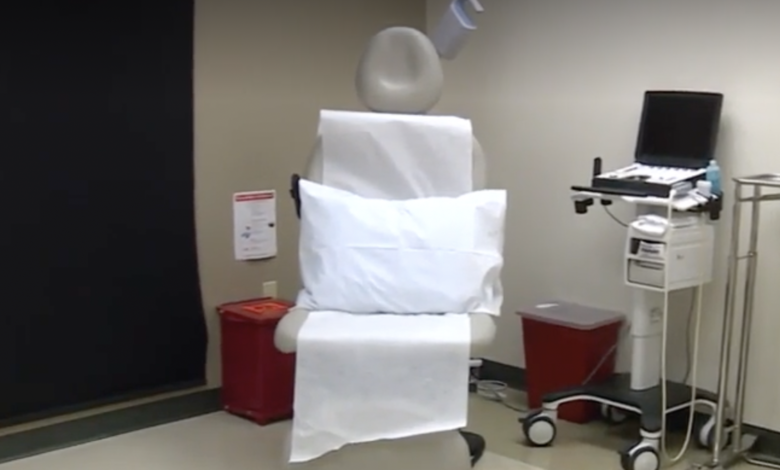

A side effect of the COVID-19 vaccine could lead to unnecessary concern surrounding a woman's annual mammogram. Both the COVID-19 vaccine and breast cancer can cause swollen lymph nodes in the underarm area. For that reason, some doctors are encouraging patients to wait as little as four or as many as ten weeks before having a mammogram after vaccination. Dr. Jennifer Manders, a breast surgeon and the president-elect of the medical staff at Christ Hospital, does not fall under that school of thought. "The concern is that if you have enlarged lymph nodes from your shot because you're having a reaction to your shot, which is totally normal, that the radiologist may interpret this as, 'Oh, there's a potential problem and we need to do a biopsy or at least further images," Manders said. "It could be a false positive."She is a firm believer in the importance of early detection. "Some of the recommendations have been to wait, and to reschedule your mammograms. It's hard to know exactly how long reactive lymph nodes stick around. It could be three to four weeks, in some cases," she said. "What we're telling patients is not to wait." Vaccinations are intended to cause an immune response. "The reaction in the lymph nodes is actually a normal response that your body has because what the vaccine is doing is it's activating your immune system. You're creating antibodies," Manders said.Many hospitals in the state were forced to cancel preventative screenings, including mammograms, at the start of the COVID-19 pandemic. "Some women who had breast cancer had to delay diagnosis because of that," Manders said. Her goal this year is to get her patients back on track. She recommends that patients talk to their doctor before deciding to postpone an annual mammogram. "If you alert the staff that, 'Hey, I just got my shot in my right arm,' and they see some lymph nodes on the right that maybe look a little bit plump, they might say, you know, let's check back in a month," she said. "Still proceed with a mammogram. We're trying to keep women on target in terms of getting their screenings done and making sure that there's nothing going on."
A side effect of the COVID-19 vaccine could lead to unnecessary concern surrounding a woman's annual mammogram.
Both the COVID-19 vaccine and breast cancer can cause swollen lymph nodes in the underarm area.
For that reason, some doctors are encouraging patients to wait as little as four or as many as ten weeks before having a mammogram after vaccination.
Dr. Jennifer Manders, a breast surgeon and the president-elect of the medical staff at Christ Hospital, does not fall under that school of thought.
"The concern is that if you have enlarged lymph nodes from your shot because you're having a reaction to your shot, which is totally normal, that the radiologist may interpret this as, 'Oh, there's a potential problem and we need to do a biopsy or at least further images," Manders said. "It could be a false positive."
She is a firm believer in the importance of early detection.
"Some of the recommendations have been to wait, and to reschedule your mammograms. It's hard to know exactly how long reactive lymph nodes stick around. It could be three to four weeks, in some cases," she said. "What we're telling patients is not to wait."
Vaccinations are intended to cause an immune response.
"The reaction in the lymph nodes is actually a normal response that your body has because what the vaccine is doing is it's activating your immune system. You're creating antibodies," Manders said.
Many hospitals in the state were forced to cancel preventative screenings, including mammograms, at the start of the COVID-19 pandemic.
"Some women who had breast cancer had to delay diagnosis because of that," Manders said.
Her goal this year is to get her patients back on track.
She recommends that patients talk to their doctor before deciding to postpone an annual mammogram.
"If you alert the staff that, 'Hey, I just got my shot in my right arm,' and they see some lymph nodes on the right that maybe look a little bit plump, they might say, you know, let's check back in a month," she said. "Still proceed with a mammogram. We're trying to keep women on target in terms of getting their screenings done and making sure that there's nothing going on."
Source link







